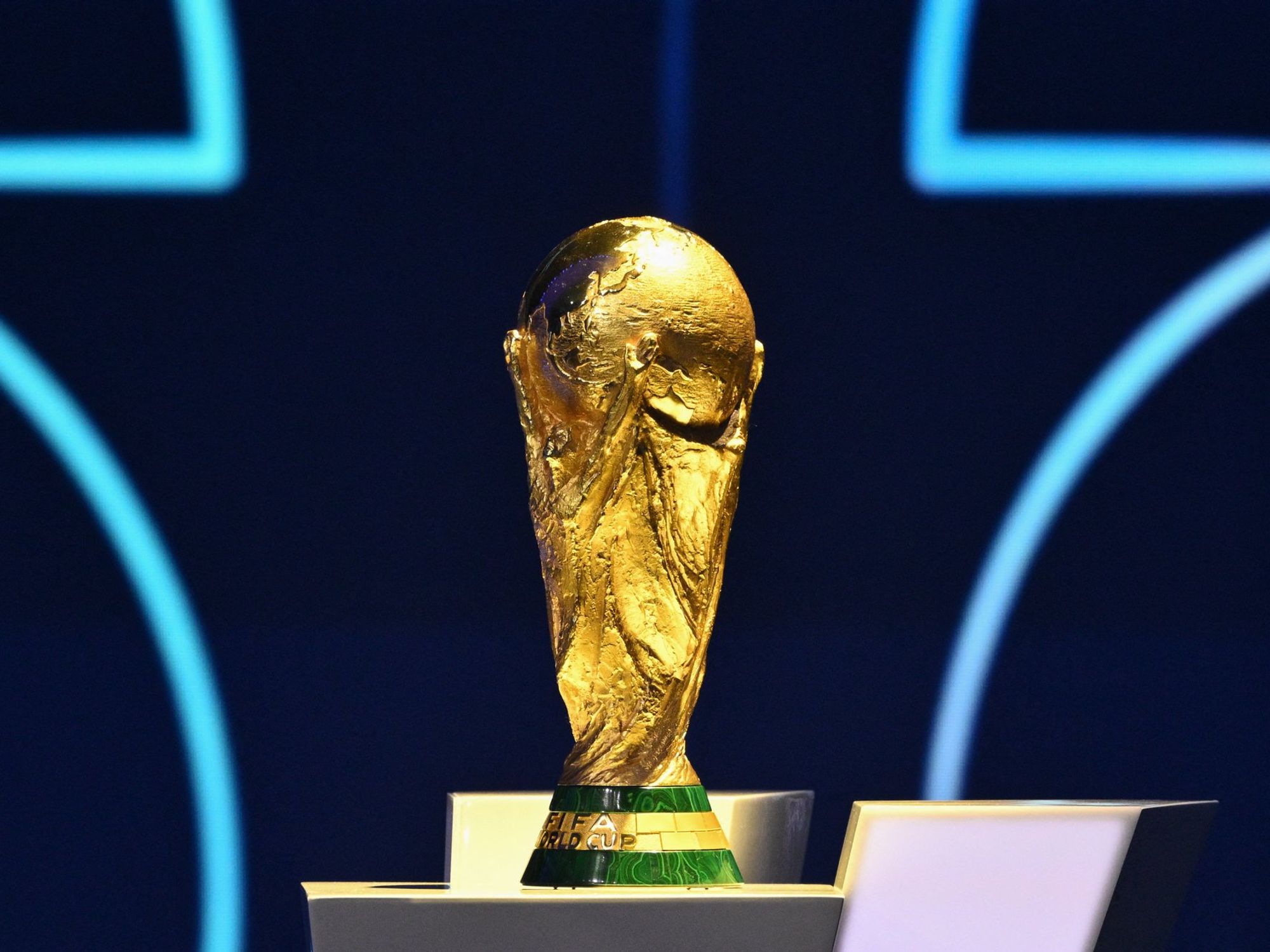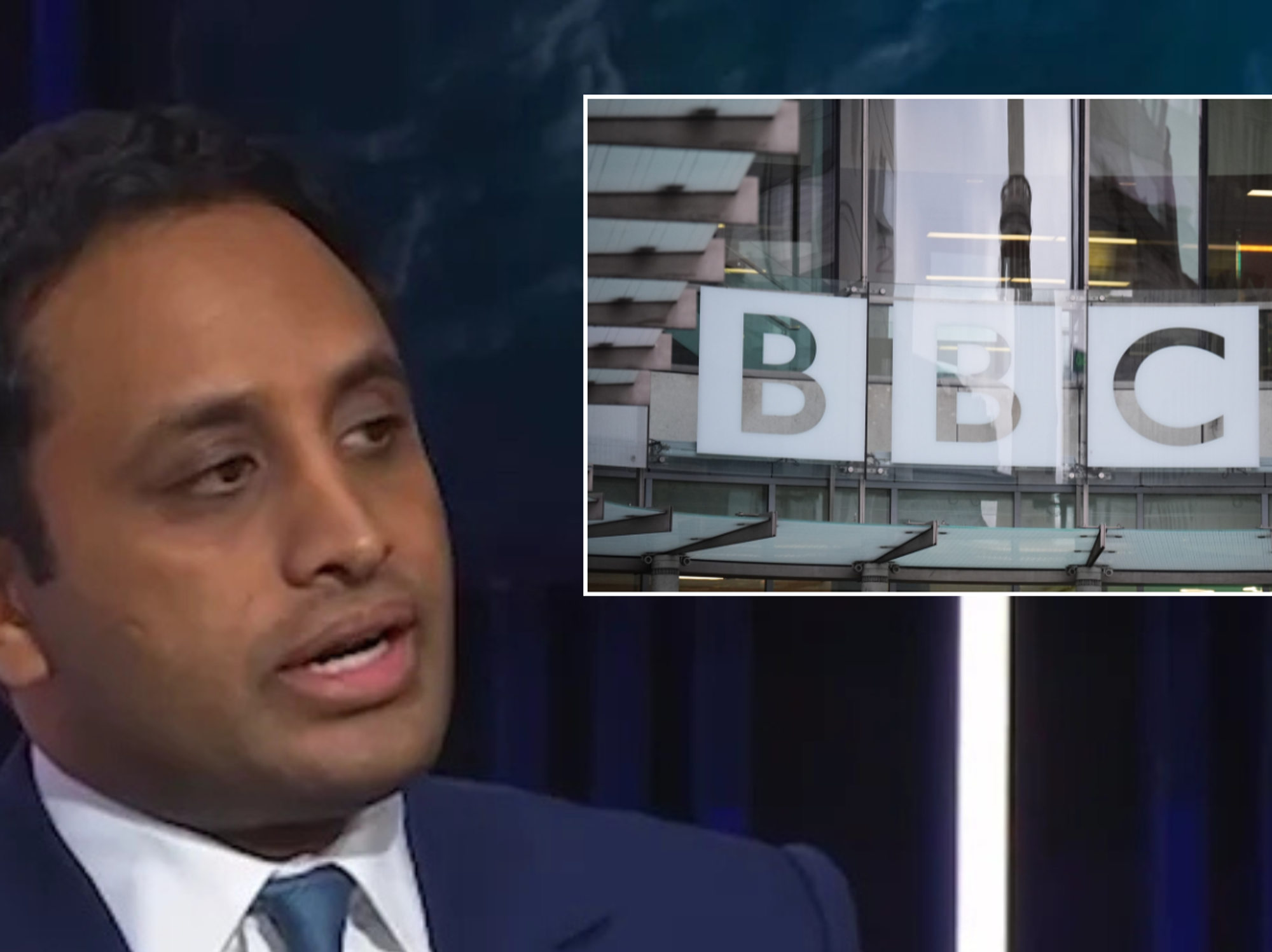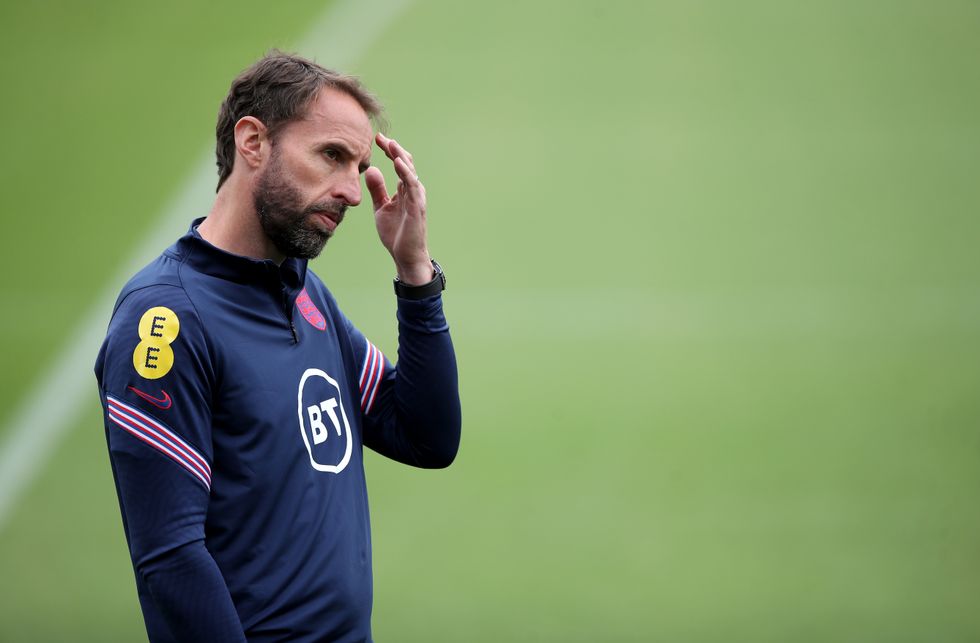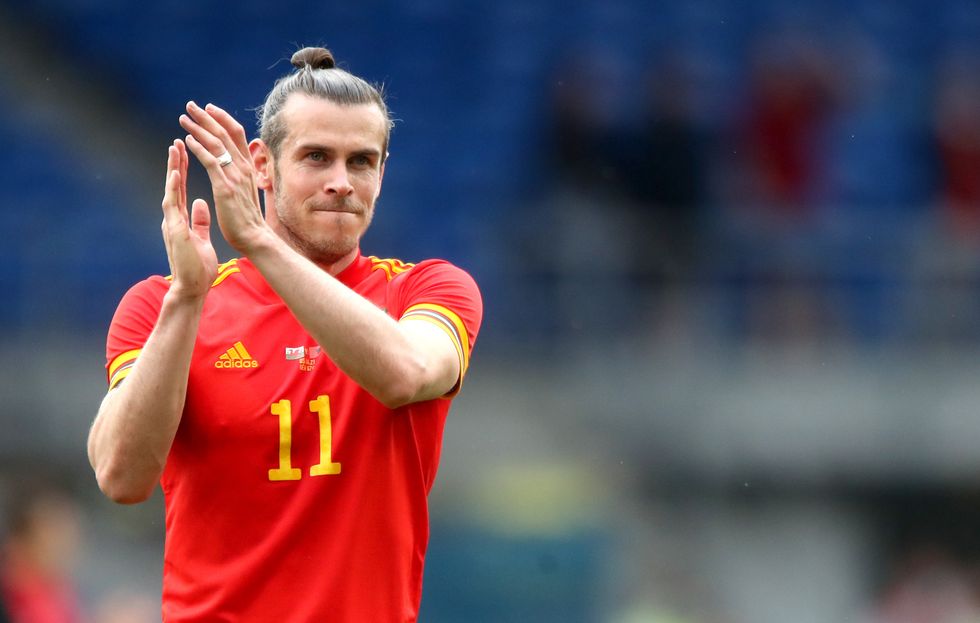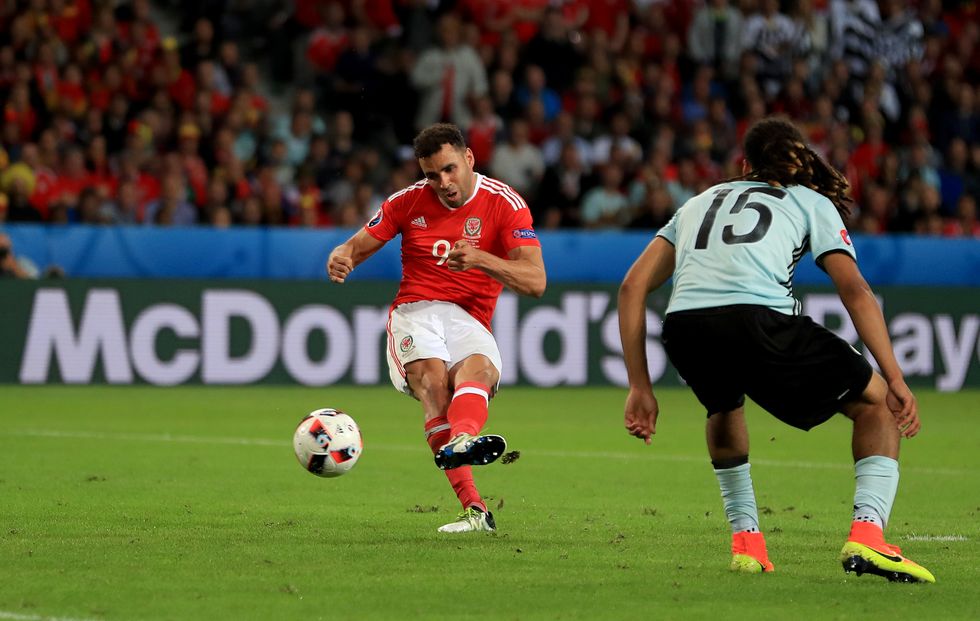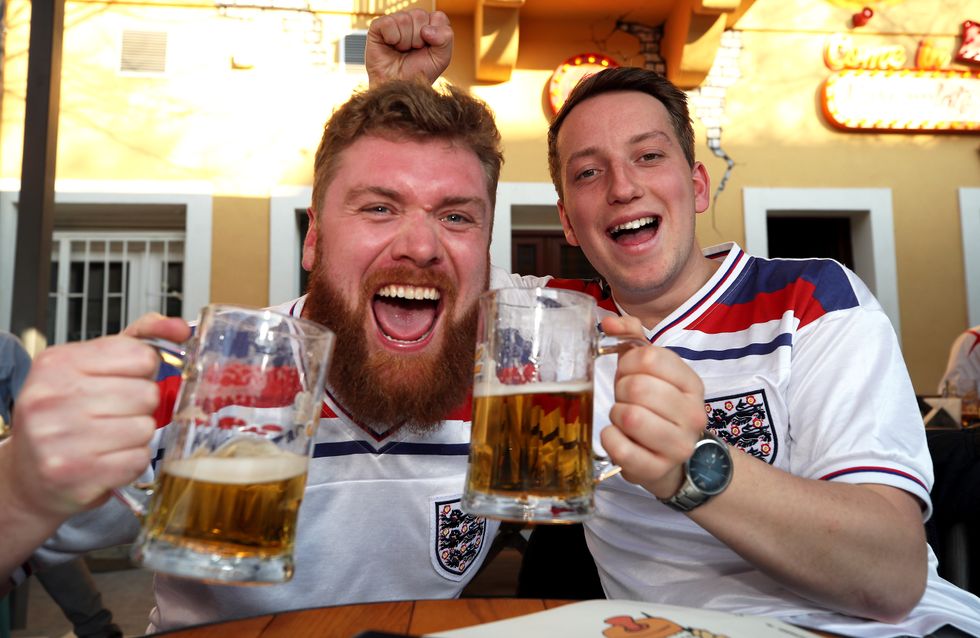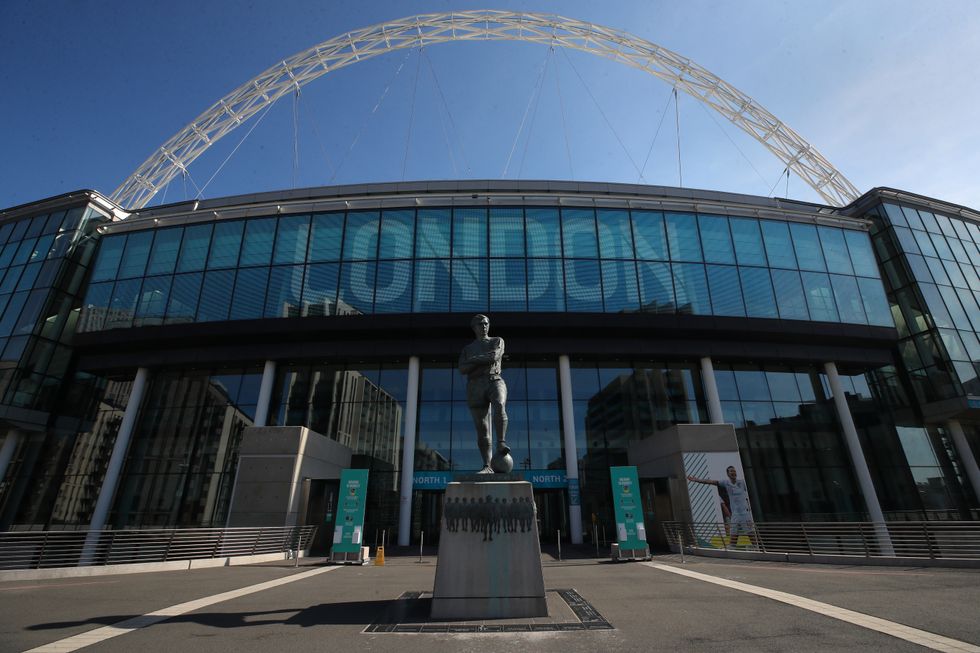Euro 2020: When are the games, which home nations are involved and when is the final?
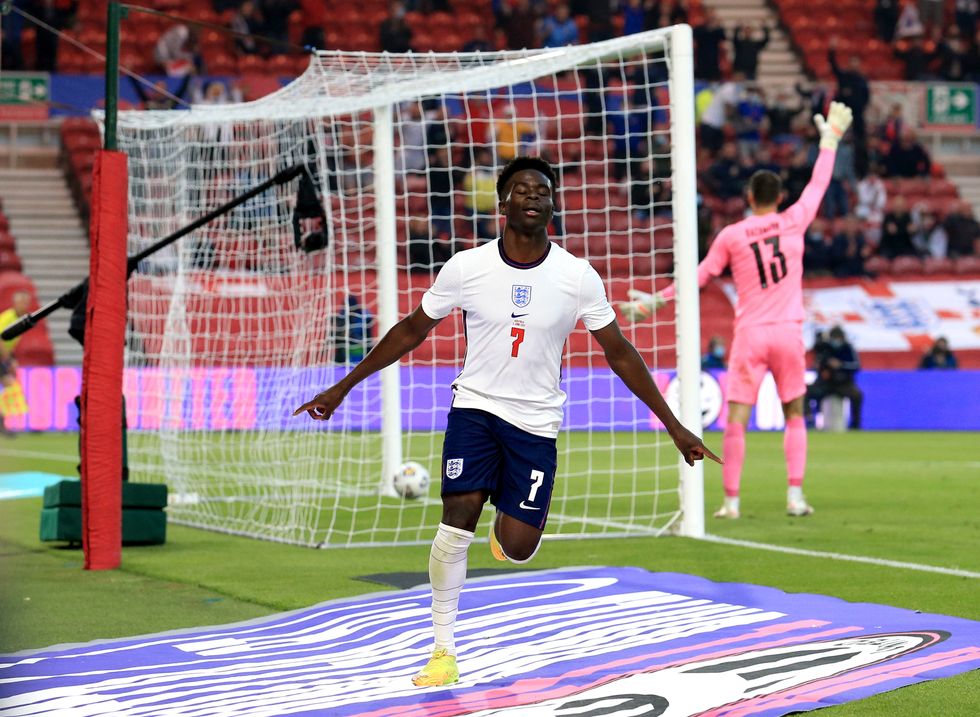
England, Scotland and Wales have all qualified for the tournament which kicks off on Friday
Don't Miss
Most Read
The Euros may be being played a year later than planned, but with three out of four home nations all involved, it promises to grip the UK this summer.
Gareth Southgate's England side have been drawn in the same group as Scotland, Croatia and the Czech Republic.
Wales kick off their tournament against Switzerland, before playing Turkey and Italy for a place in the knockout stages.
Whether you're cheering on England, Scotland or Wales, here's everything you need to know to follow the teams from the British isles.
England
The Three Lions start their campaign at Wembley against Croatia - the team they lost to in the semi-final of the 2018 World Cup - at 2pm on Sunday June 13.
England manager Gareth Southgate during a training session at St George's Park.
Nick Potts
Next up, England face Scotland in a major tournament for the first time since Euro 96 - when Paul Gascoigne scored a famous winner against the Tartan Army at Wembley. The same stadium will play host to the fixture this time around too, with the game starting at 8pm on Friday June 18.
England's final group game takes place on Tuesday June 22 against the Czech Republic, also at Wembley.
Scotland
Steve Clarke's Scotland start their first game at a major tournament since the 1998 World Cup at Hampden Park. They face the Czech Republic on Monday June 14 at 2pm.
The big one is next - England at Wembley. Scotland last beat the old enemy at the Home of Football in 1999. Andy Robertson and co will be hoping for a repeat result on Friday June 18.
Kieran Tierney and Israel's Eran Zahavi during the UEFA Nations League Group F match at Hampden Park.
Andrew Milligan
2018 World Cup runners-up Croatia are Scotland's final group game. They're back at home for this one, kicking off at 8pm at Hampden Park on Tuesday 22 June.
Wales
The last European Championships Wales took part in was arguably their greatest performance in a major tournament.
This time around they start their campaign against Switzerland at 2pm on Saturday June 12. The match won't be taking place close to home though. Unlike England and Scotland, Wales' first fixture is being held thousands of miles away, in Baku, Azerbaijan.
Baku plays host to their second group fixture too, this time against Turkey. The game kicks off at 5pm on Wednesday 16 June.
Gareth Bale applauds the fans after an international friendly at Cardiff City Stadium.
Nick Potts
Rob Page's team play their final group game against four-time World Cup winners Italy in Rome. The match kicks off at 5pm on Sunday 20 June.
What about the knockout games?
Wales are in Group A. That means if they win the group, they'll play the runners-up of Group C (one of Austria, Netherlands, North Macedonia or Ukraine) at 8pm on Saturday 26 June at Wembley.
If the men in red finish second in their group, they'll play the runners-up of Group B - one of Belgium, Denmark, Finland or Russia - in Amsterdam on Saturday 26 June at 5pm.
Wales could still make the knockout stages even if they finish third in their group. A third-placed finish could mean a fixture against the winners of Group B (in Seville on Sunday 27 June at 8pm), the winners of Group F (in Bucharest on Monday 28 June at 8pm) or the winners of Group E (in Glasgow on Tuesday 29 June at 8pm).
For England and Scotland, winning Group D will earn them a game at Wembley at 5pm on Tuesday 29 June. They'll play the runners-up of Group F - one of France, Germany, Hungary or Portugal.
A second-placed finish in Group D means a fixture against the runners-up of Group E - that's one of Poland, Slovakia, Spain or Sweden. That game would be played in Copenhagen on Monday 28 June at 5pm.
A third-placed finish for England or Scotland could still give them a chance at progressing. If even of them finish behind the top two in Group D, they could play the winners of Group B (in Seville on Sunday 27 June at 8pm), the winners of Group C (in Budapest on Sunday 27 June at 5pm) or the winners of Group E (in Glasgow on Tuesday 29 June at 8pm).
Can I watch the games in the pub with my mates?
You will be able to watch the tournament inside pubs and in beer gardens. But how many friends you'll be able watch with will depend on where you're watching the games.
Hal Robson-Kanu scored the second goal the last time Wales met Belgium at a major tournament at Euro 2016.
Mike Egerton
In England, six people from different households can meet and watch games indoors. If two households want to watch a match in the pub, there is no limit to the number of people that can attend.
In Wales, six people from different households can watch the tournament inside a pub.
Fans in both England and Wales can watch matches with up to 30 people, if they're sat outside.
For Scots the story is a little more complicated. It all depends on what Covid alert level you're living in.
If you're in a Level Zero Covid area, 10 people from four separate households can meet to watch the game. Fans in Level One can watch matches with eight people from three households. In Level Two, six people from three households can meet.
Fans in Level Two should also note that they will have to book their seats in two-hour slots. What's more pubs must shut their doors at 10:30pm, which may be prior to the final whistle, unless they have outside space.
England fans in a pub before the game during UEFA Euro 2020 Qualifying.
Nick Potts
If you are sitting outside in Scotland, you can meet in groups of 15 (from 15 separate households), so long as you're in a Covid Level Zero area. In Level One, the rule is 12 people from 12 different households and in Level Two you can meet eight people from eight separate households.
In Northern Ireland, whether you're in a beer garden or sat inside, you watch in a group of six people from two separate households. If you're from the same household you can sit with as many people as you like.
Can I watch matches at home with friends?
Wherever you are in the UK, you can invite friends to come and watch the games with you at home, but how many depends on where you live.
For fans living in England, you can have as many as six people from six households, or as many people as you like from two households. Up to 30 people can sit outside.
Fans based in Wales can create an 'extended household', meaning three households can mix in private homes. The rules outdoors are the same as in England.
In Scotland, the rules for meeting people at home - indoors and outdoors - depends on what the Covid Level is in your area.
In Covid Level Zero, you can meet at home in groups of up to eight people from four households. In Covid Level One and Two you can meet in groups of up to six, from three households. At present Glasgow is in Level Two.
For fans living in Northern Ireland, up to six people from two separate households can meet up in someone's home. If you invite friends to come and watch the game in your garden, you can have 15 people from three households.
How many fans are being allowed in to stadiums?
Two stadiums in the UK are hosting fixtures during the Euros - Wembley and Hampden Park.
Fans in Scotland will be able to watch games at home with friends
But the number of people you can invite depends on the Covid Level in your areaEngland's three group games, all taking place in the capital, will be played in front 25% capacity crowds. If England or Scotland win Group D, their round of 16 game will also be at a quarter-full Wembley - that's approximately 22,500 fans.
The semi-finals and final are being held at England's North West London home, and could be more than 50% full.
Hampden's capacity for the tournament is between 25% and 45% - approximately 12,000 to 23,000 fans.
Those lucky enough to have a ticket will consider themselves some of the luckiest football fans in Europe.
Whether or not one of the home nations the lift the trophy, with the final of a major tournament taking place on British shores for the first time since 1996, football is definitely coming home.
Wembley will host both semi-finals and the final, with the possibility of more than 50% capacity being used.
Nick Potts





